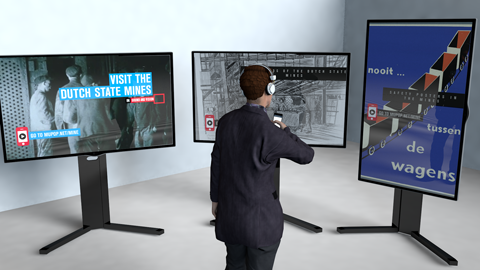
A strong group of E-Space partners from different Pilots is at work for developing an integrated outcome for creative reuse of digital cultural heritage: the Pop-Up Museum. Most of the action at the moment is in the hands of partners Noterik, NTUA, Sound & Vision (NISV) and KU Leuven, who are preparing the exhibition to be presented at E-Space international conference in Berlin at the end of Novemebr.
A blog recently appeared on Sound & Vision website, to tell more about the installation and the plans for showcasing to the public.
The Pop-Up Museum, which is a hybrid of both a digital and physical museum exhibition, is a way to showcase many of the prototypical ideas that have resulted from E-Space pilots. The exhibition can be controlled and interacted with by the visitors through a smartphone: answer questions, swipe through content, explore the storyline, select languages, and more interactive applications will be available.
The Pop-Up Museum serves as an ideal extension to the main museum: use the mobile installation at events and festivals where you would like to target a specific audience with your collection.
Currently, Sound and Vision is testing the Pop-Up Museum concept with an installation covering the closing of the Dutch State Mines fifty years ago, while the other E-Space partner KU Leuven is developing 3 exhibitions using digitized vintage photography.
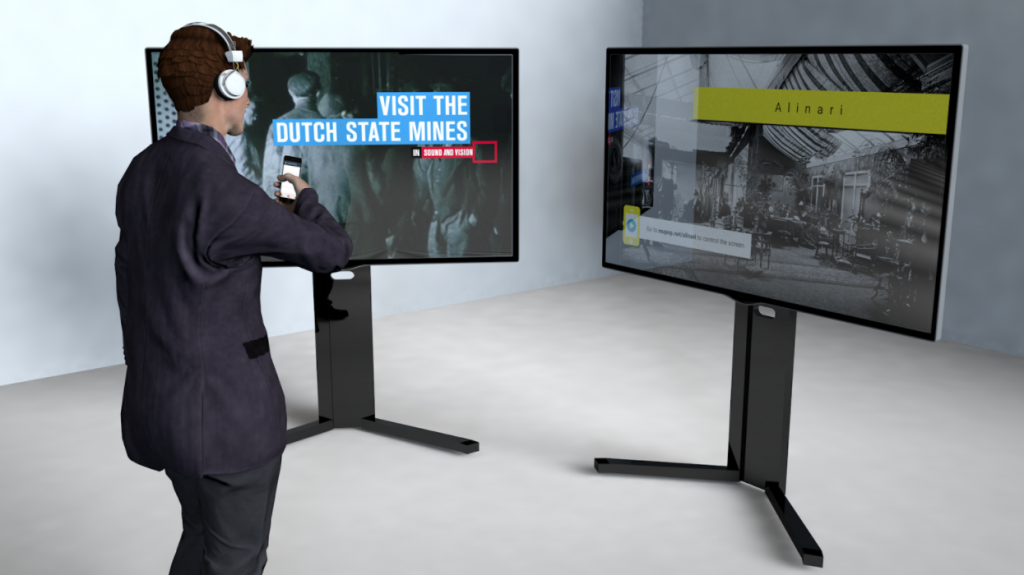
Next to the premiere at the E-Space Reuse, Remake, Reimagine conference in Berlin in November, the Pop-Up Museum will be on show during the Cultuur in Beeld conference in Rotterdam in December.
Another event at Sound and Vision will be in January, with a special installation that will tie in with the current main exhibition at the museum, ‘Let’s YouTube’, which focuses on fashion and beauty themed videos specifically that month and is developed in collaboration with Europeana and Europeana Fashion.
KU Leuven is also planning an event in the beginning of 2017.
Read the full article by Kelly Mostert on Sound & Vision blog
Read more on the Pop-Up Museum development
images courtesy of Noterik BV
Learn more on Pop-Up Museum:


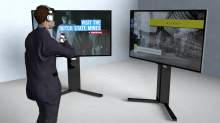


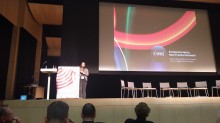





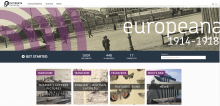
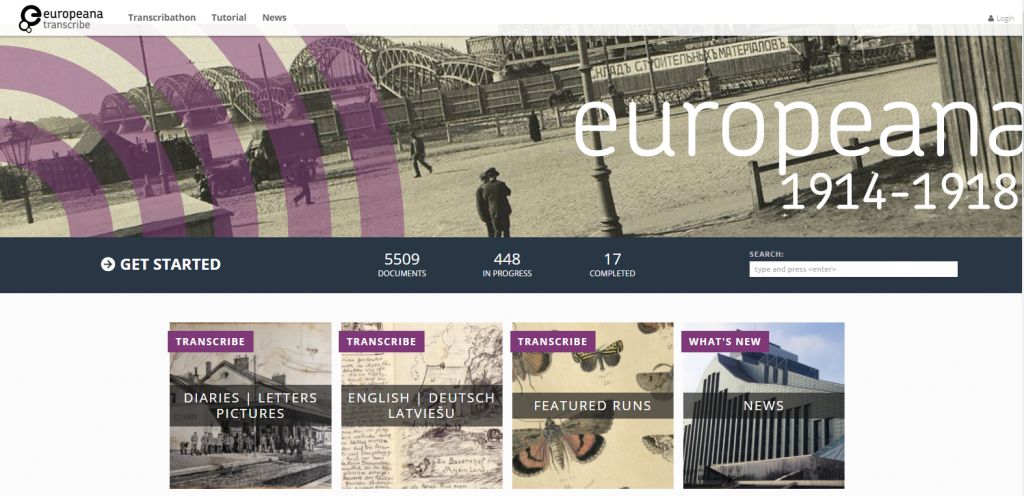
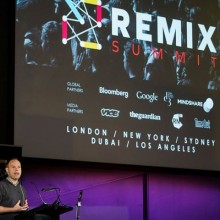

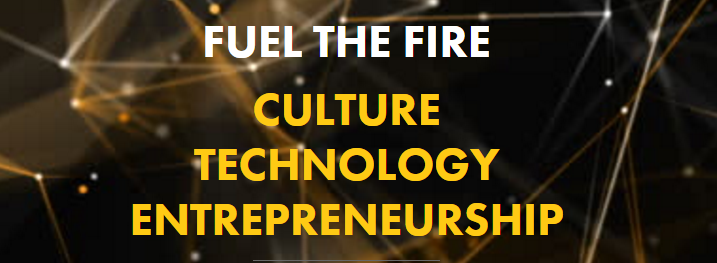
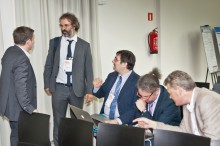
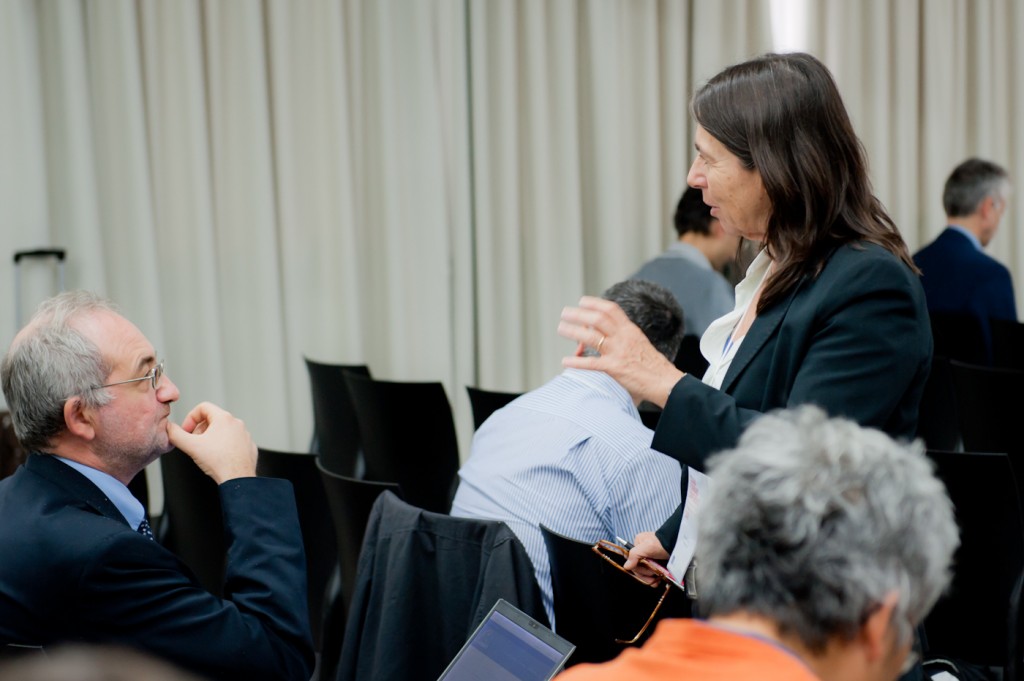
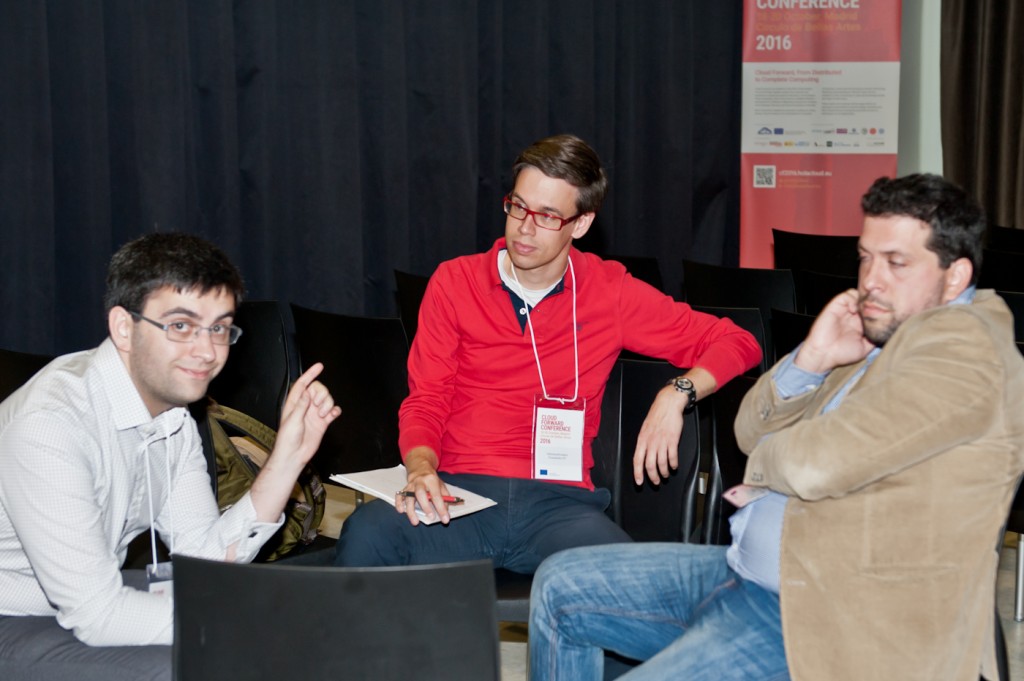
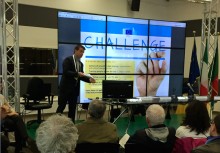
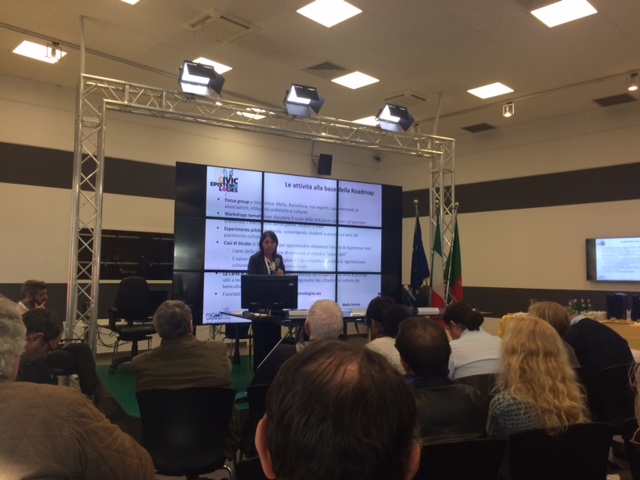
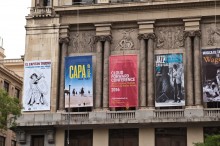
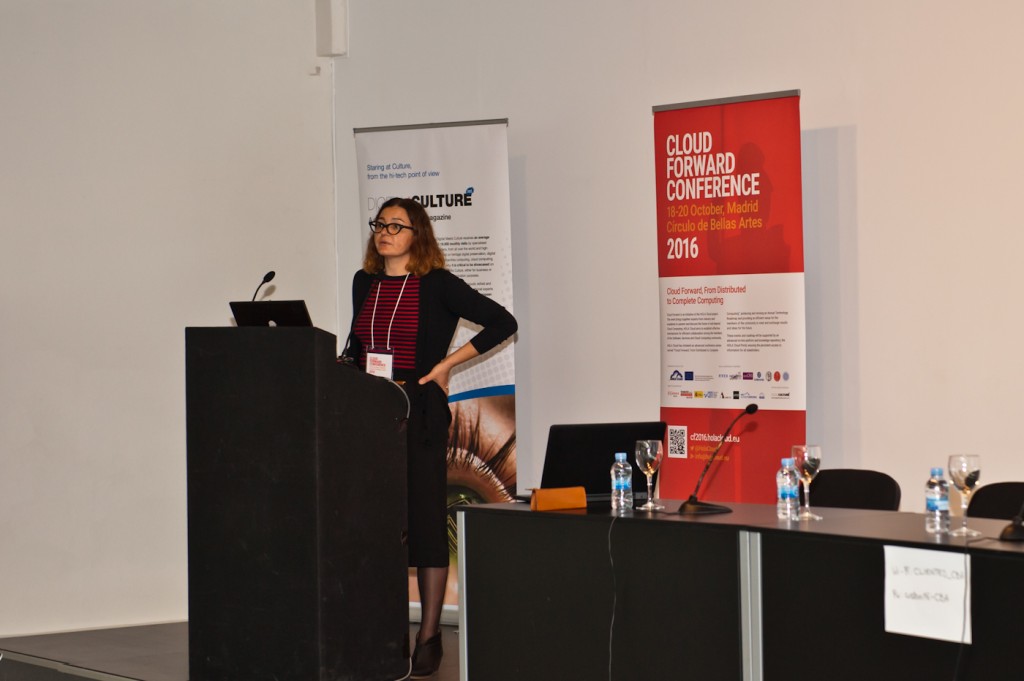
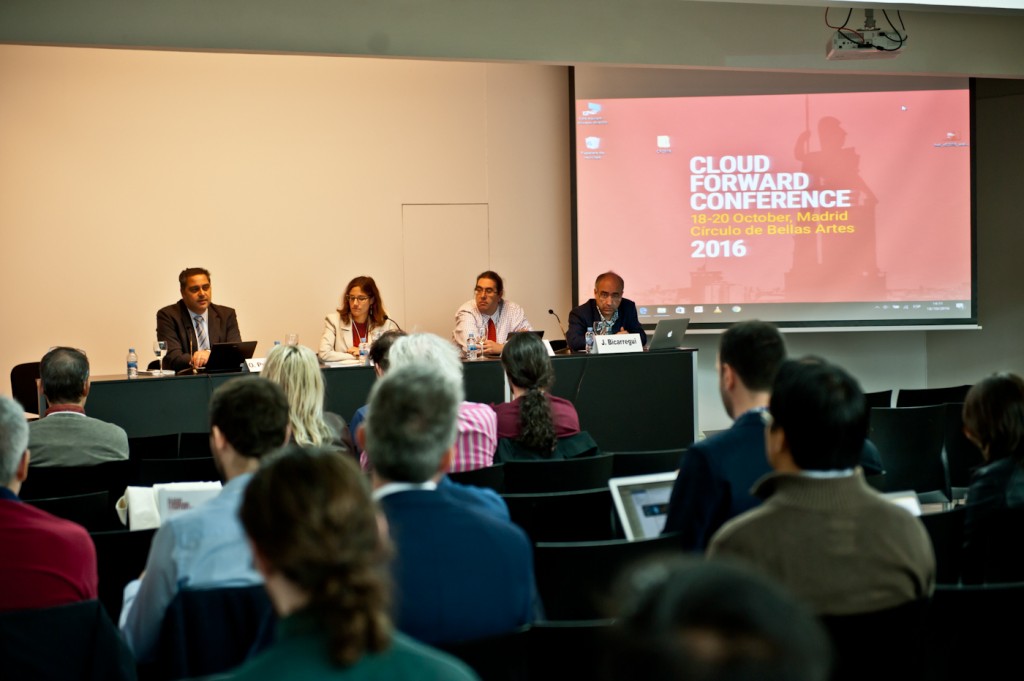
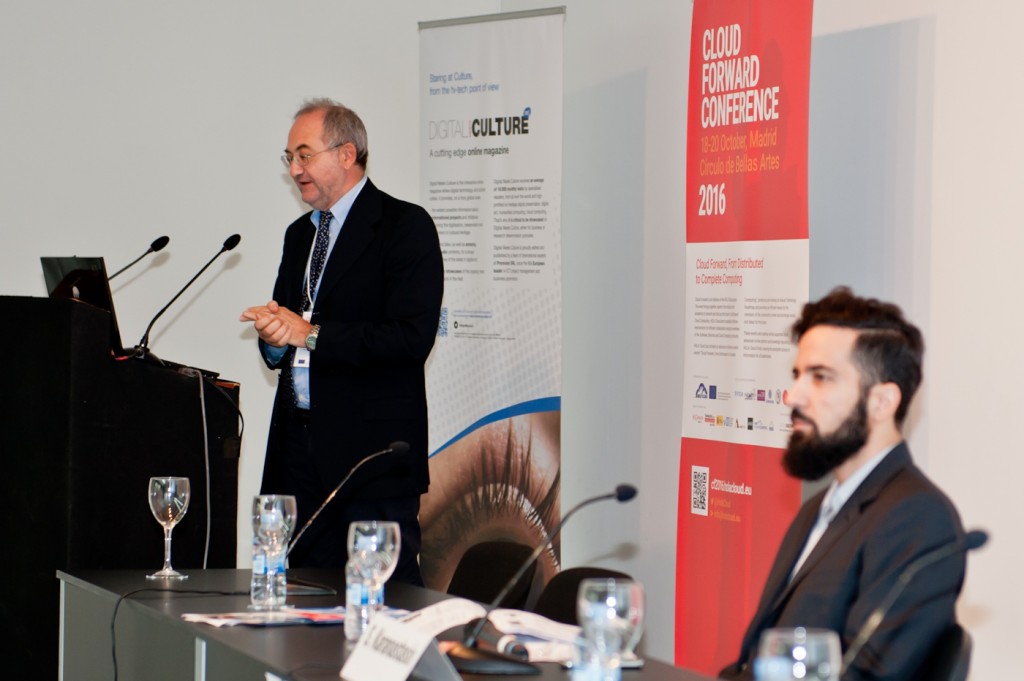
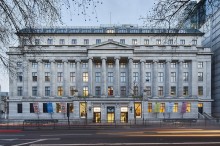
 Overall topic
Overall topic































